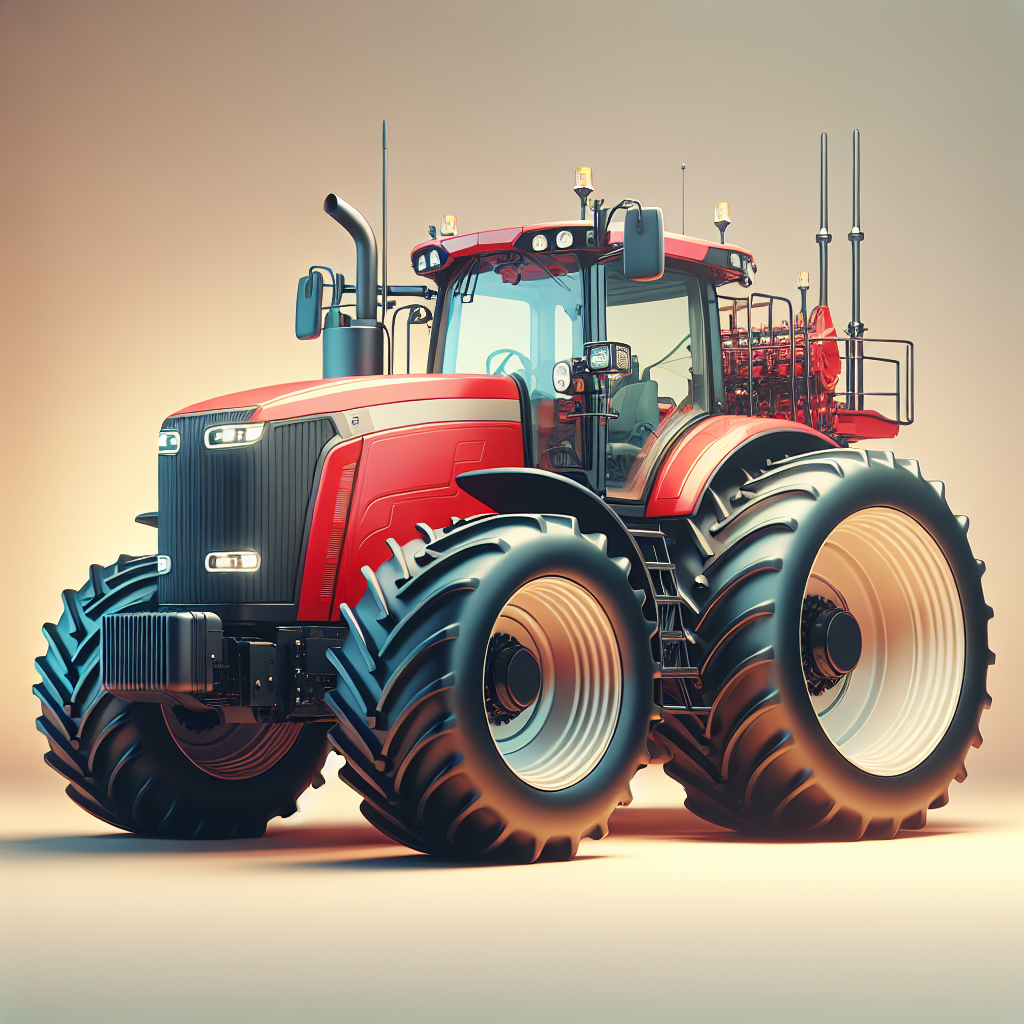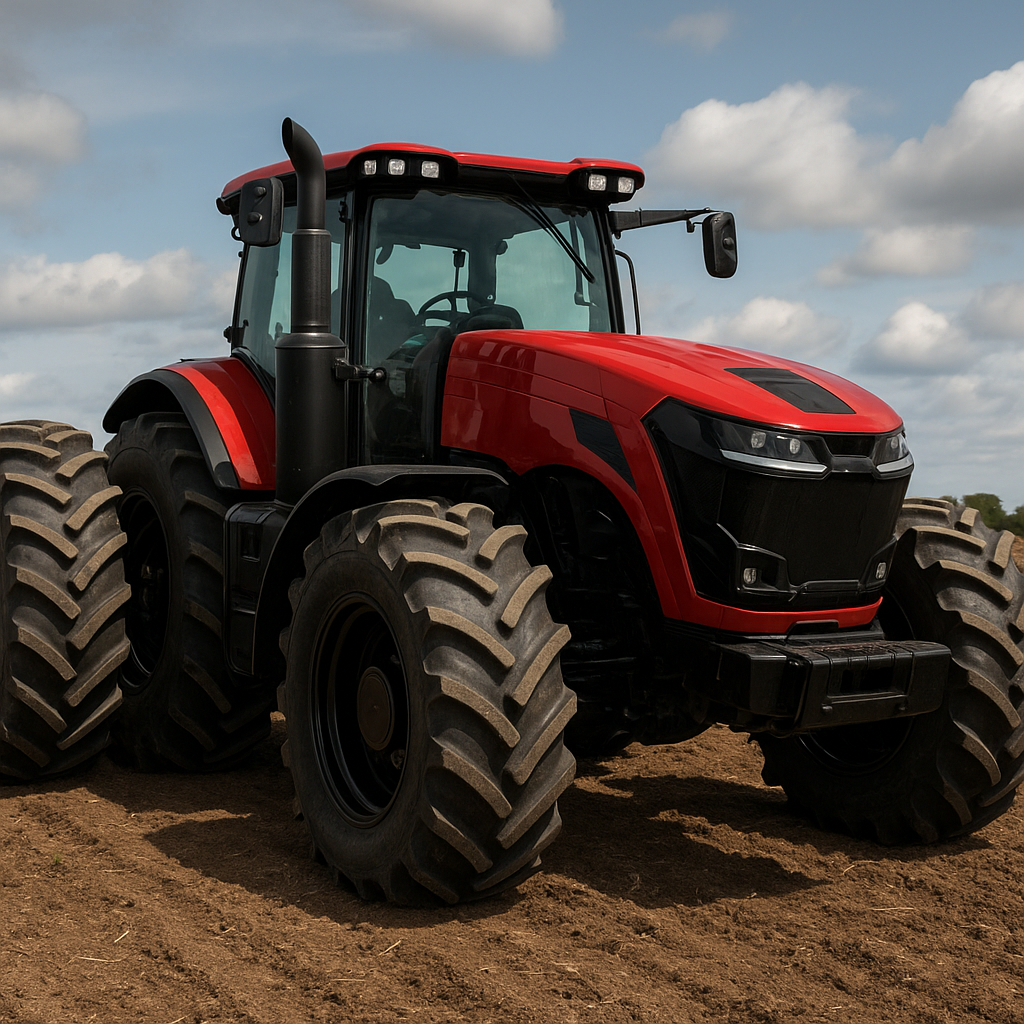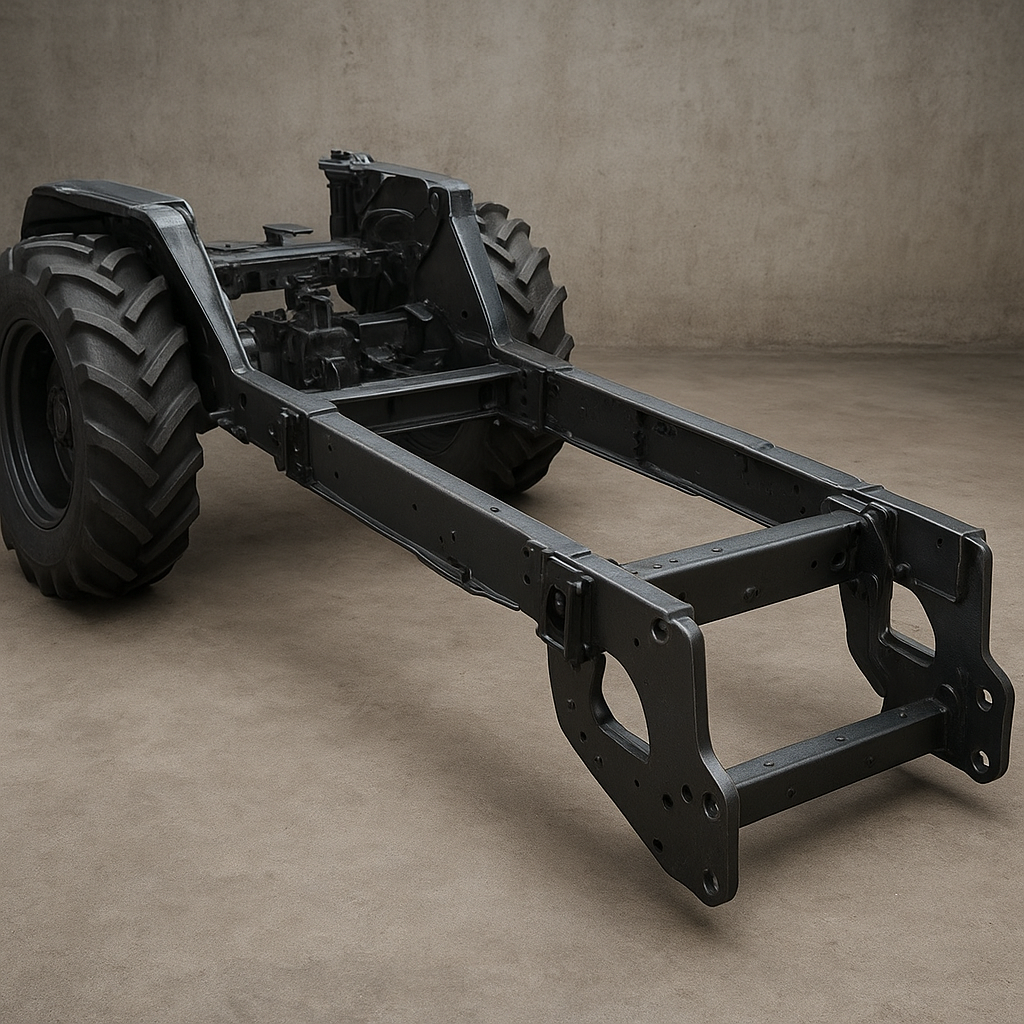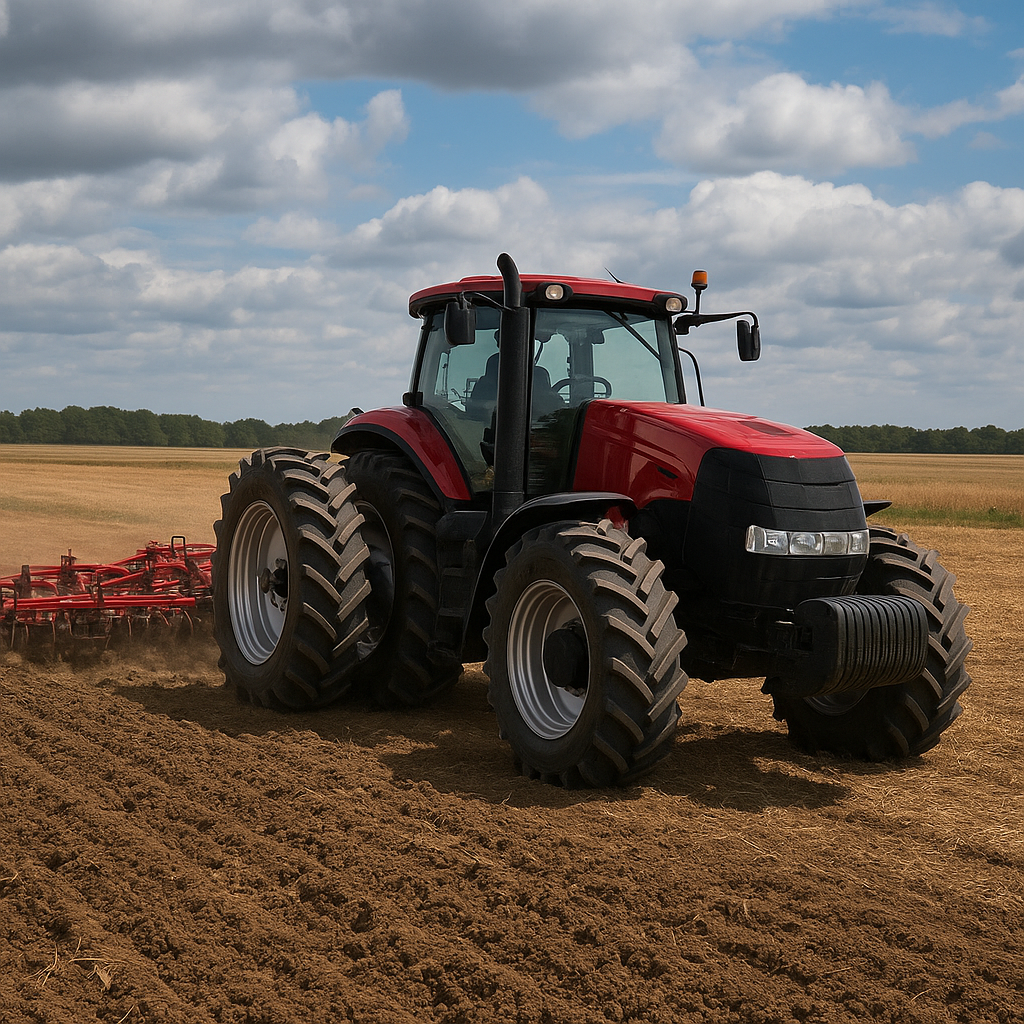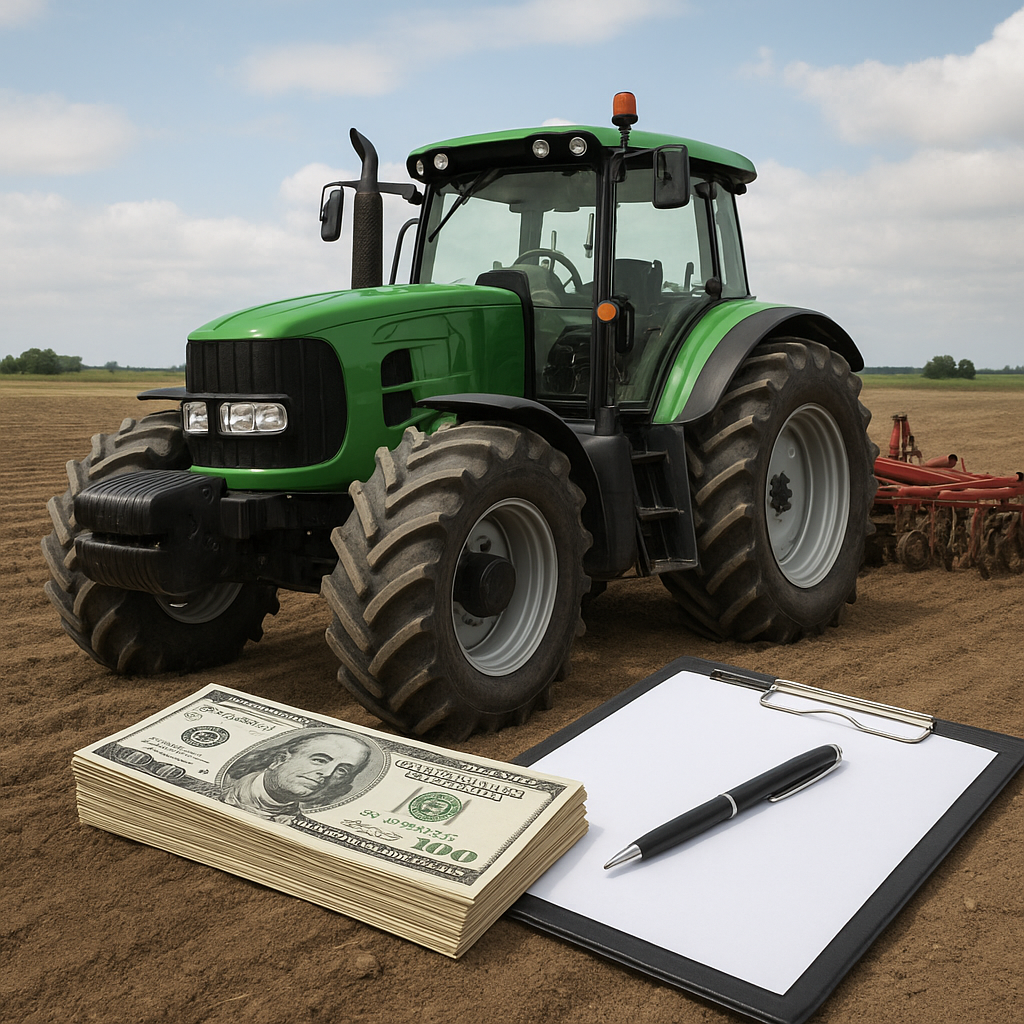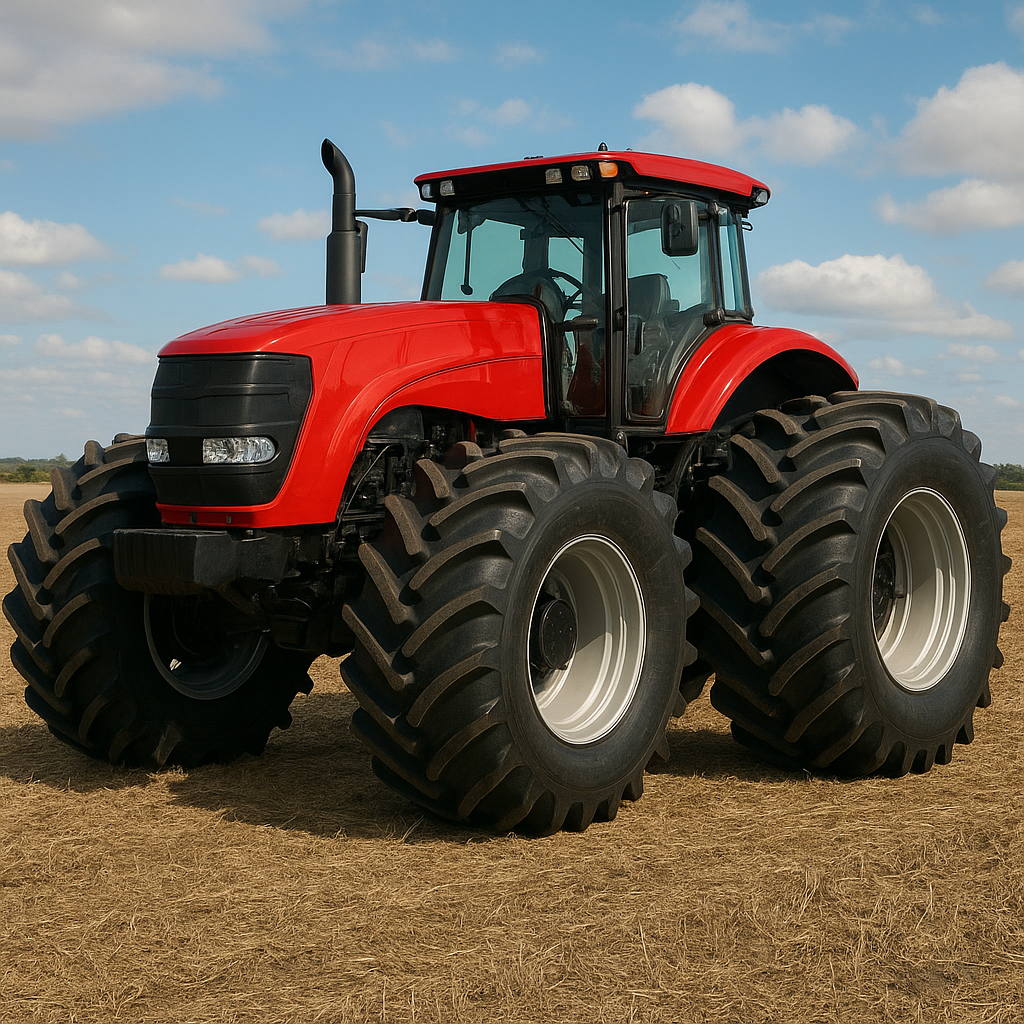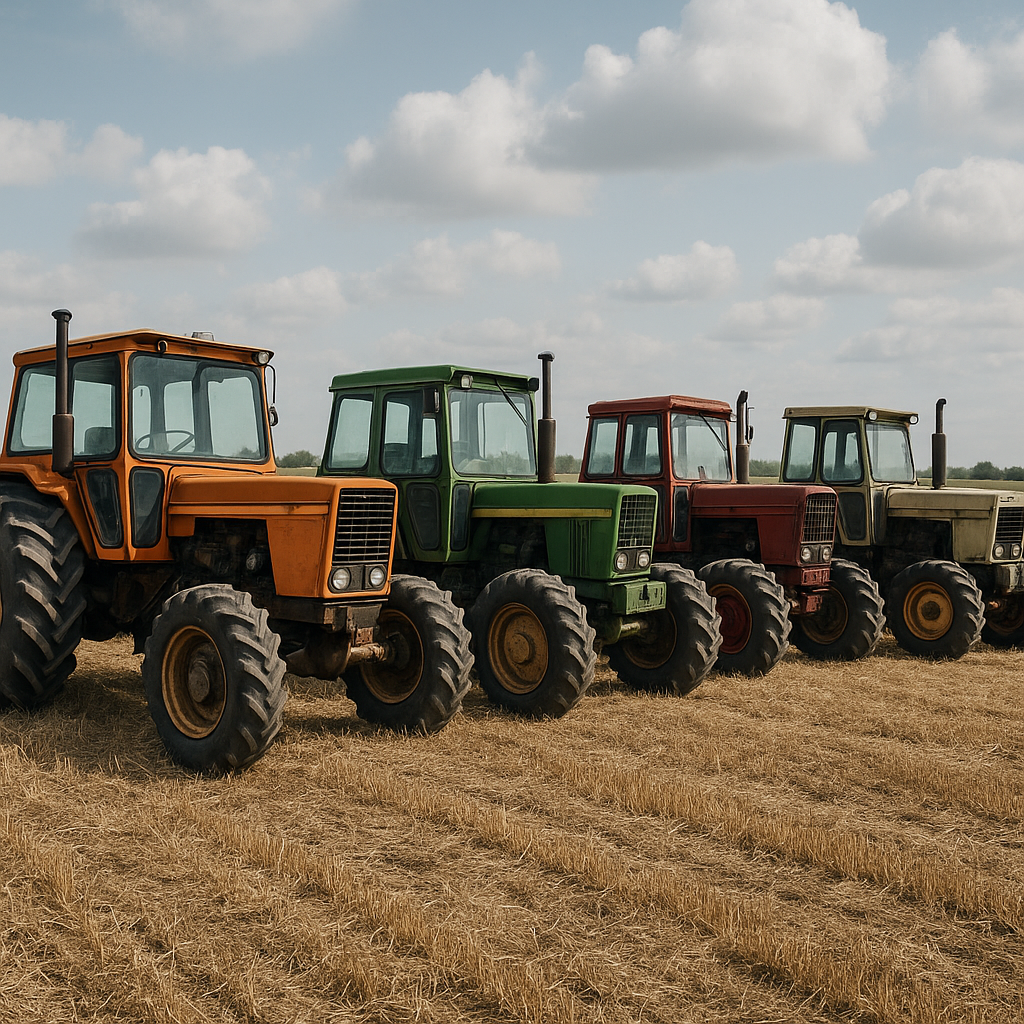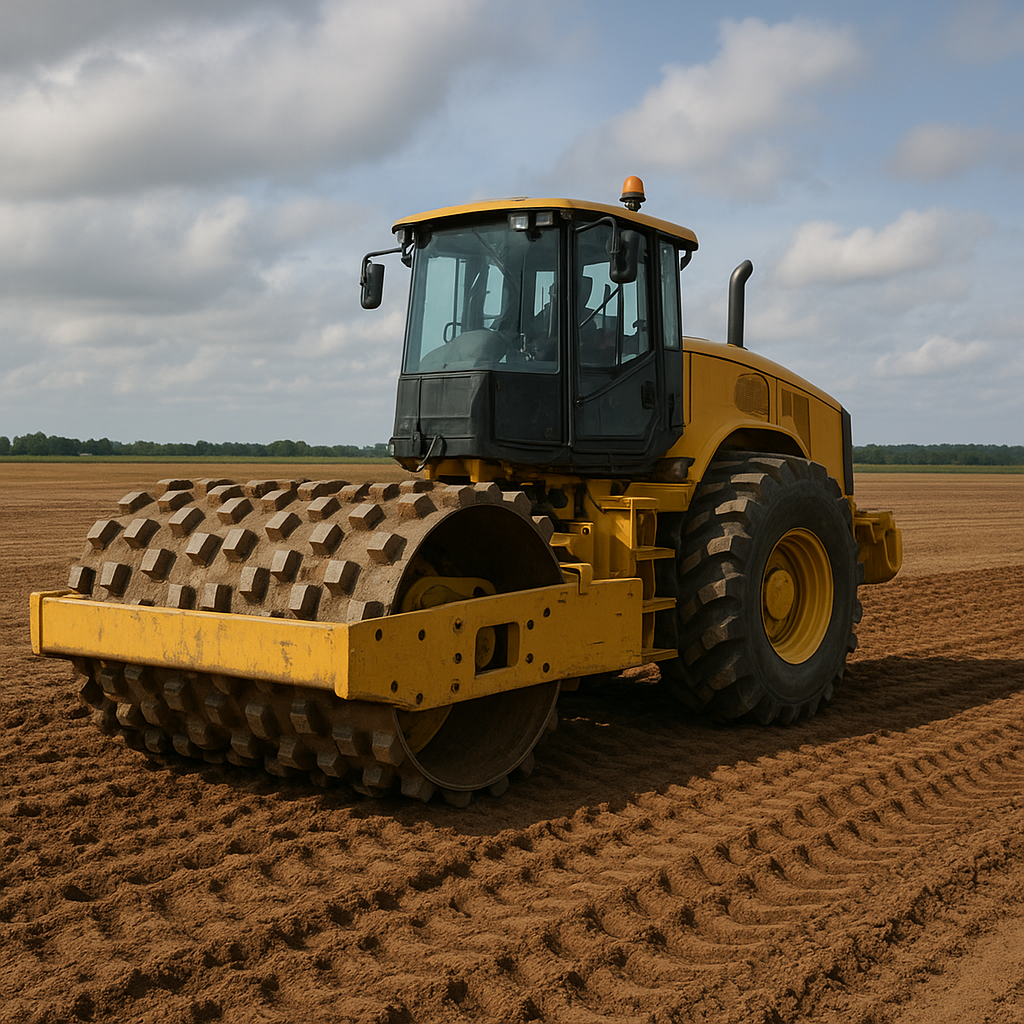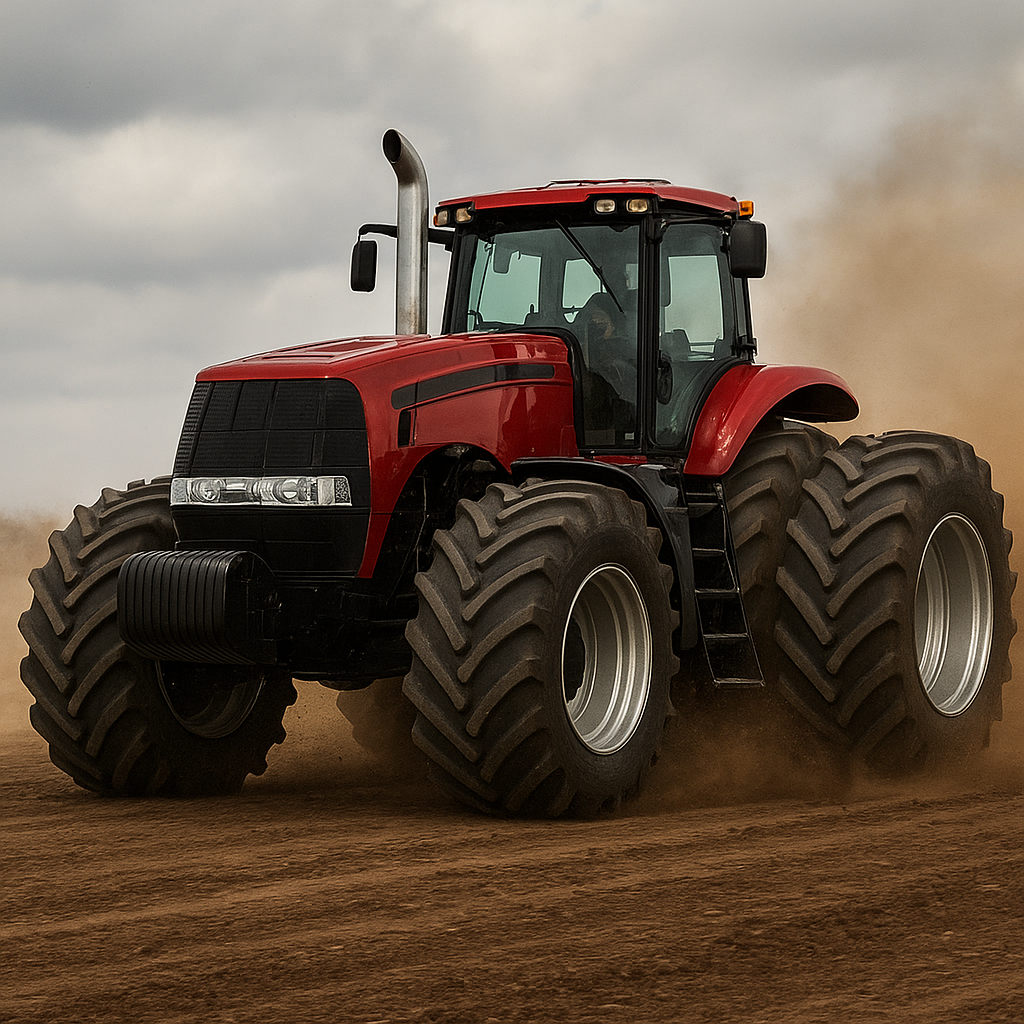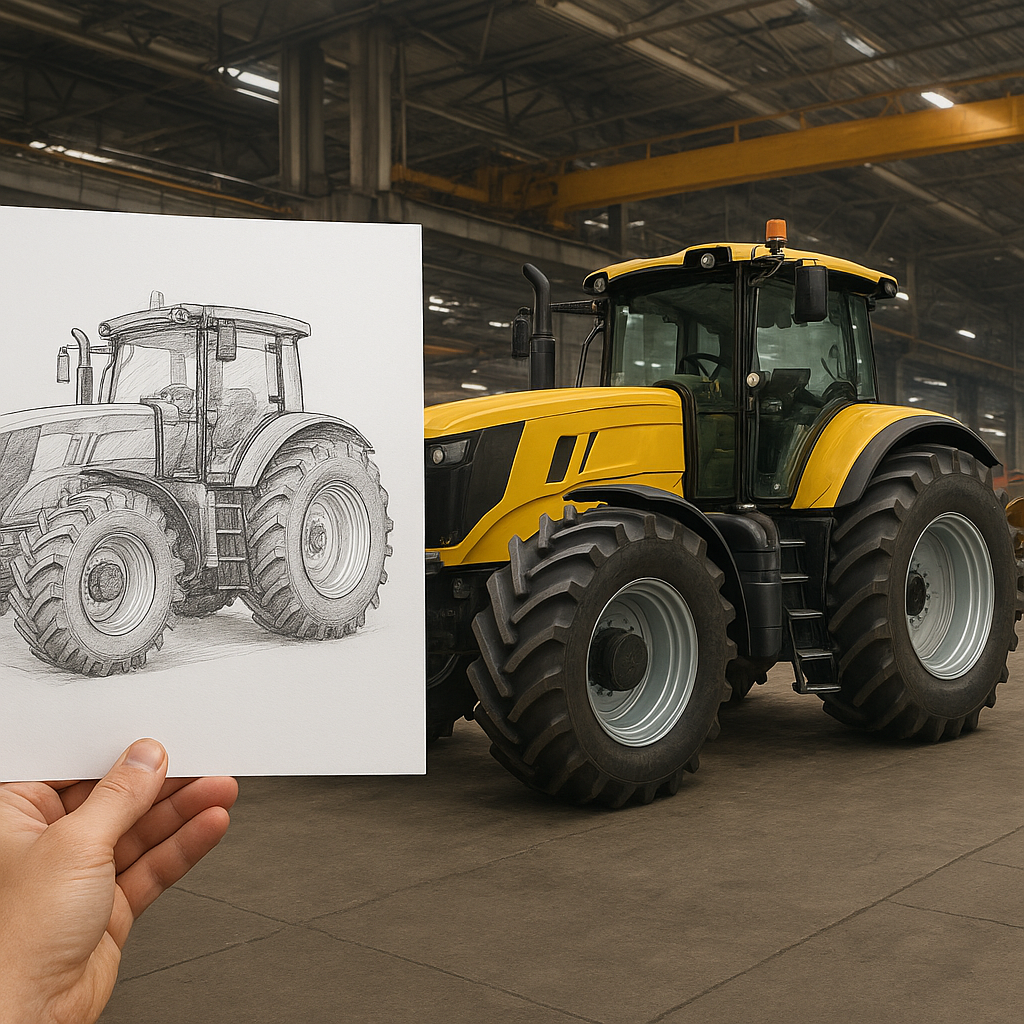Tractors have long been the backbone of modern agriculture, but as environmental concerns grow, the industry is shifting towards more eco-friendly features. This article delves into the various advancements in tractor technology aimed at reducing their environmental impact.
Innovative Engine Technologies
One of the most significant areas of development in eco-friendly tractors is engine technology. Traditional diesel engines are notorious for their high emissions, but recent innovations are making strides in reducing their environmental footprint.
Hybrid Engines
Hybrid engines combine the power of a traditional internal combustion engine with the efficiency of an electric motor. This dual approach not only reduces fuel consumption but also lowers emissions. For instance, John Deere has introduced hybrid models that can switch between electric and diesel power, optimizing fuel efficiency and reducing carbon dioxide emissions.
Biofuels
Another promising development is the use of biofuels. These are derived from renewable sources such as plant oils and animal fats, making them a more sustainable option compared to fossil fuels. Companies like New Holland are experimenting with tractors that run on biodiesel, which can significantly cut down on greenhouse gas emissions.
Advanced Emission Control Systems
Modern tractors are also equipped with advanced emission control systems. Technologies such as Selective Catalytic Reduction (SCR) and Diesel Particulate Filters (DPF) are becoming standard. These systems work to reduce harmful emissions like nitrogen oxides (NOx) and particulate matter, making the air cleaner and safer.
Smart Farming Technologies
Beyond engine innovations, smart farming technologies are playing a crucial role in making tractors more eco-friendly. These technologies not only improve efficiency but also minimize waste and reduce the overall environmental impact of farming operations.
Precision Agriculture
Precision agriculture involves using GPS and other data-driven technologies to optimize field-level management. Tractors equipped with precision farming tools can apply fertilizers, pesticides, and water more accurately, reducing waste and minimizing the environmental impact. For example, Case IH offers tractors with advanced GPS systems that ensure precise application, thereby conserving resources and reducing runoff.
Autonomous Tractors
Autonomous tractors are another groundbreaking innovation. These self-driving machines can operate with minimal human intervention, optimizing routes and reducing fuel consumption. Companies like Kubota are at the forefront of developing autonomous tractors that can perform tasks such as plowing, planting, and harvesting with high efficiency and minimal environmental impact.
Telematics and IoT
Telematics and the Internet of Things (IoT) are revolutionizing tractor operations. These technologies enable real-time monitoring and data collection, allowing farmers to make informed decisions. For instance, John Deere’s JDLink system provides real-time data on fuel consumption, engine performance, and field conditions, helping farmers optimize their operations and reduce their environmental footprint.
Material and Design Innovations
Eco-friendly tractors are not just about what’s under the hood; the materials and design also play a significant role in reducing environmental impact. Manufacturers are increasingly focusing on sustainable materials and innovative designs to make tractors more eco-friendly.
Lightweight Materials
Using lightweight materials such as aluminum and high-strength steel can significantly reduce the weight of tractors, leading to better fuel efficiency. Lighter tractors require less energy to operate, which in turn reduces fuel consumption and emissions. Companies like Fendt are incorporating lightweight materials into their tractor designs to enhance efficiency and sustainability.
Recyclable Components
Another important aspect is the use of recyclable components. Manufacturers are increasingly using materials that can be easily recycled at the end of the tractor’s life cycle. This not only reduces waste but also conserves natural resources. For example, some models from Massey Ferguson are designed with recyclable plastics and metals, making them more environmentally friendly.
Aerodynamic Design
Aerodynamic design is another area where tractors are becoming more eco-friendly. Improved aerodynamics can reduce drag, leading to better fuel efficiency. Modern tractors are being designed with sleeker profiles and advanced airflow management systems to minimize resistance and optimize performance. This not only saves fuel but also reduces emissions.
Conclusion
The shift towards eco-friendly tractors is a significant step in reducing the environmental impact of agriculture. From innovative engine technologies and smart farming tools to sustainable materials and aerodynamic designs, the advancements in tractor technology are paving the way for a more sustainable future. As these technologies continue to evolve, the agricultural industry will be better equipped to meet the growing demand for food while minimizing its environmental footprint.
